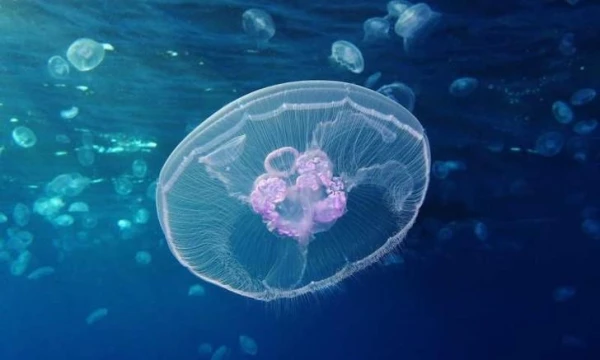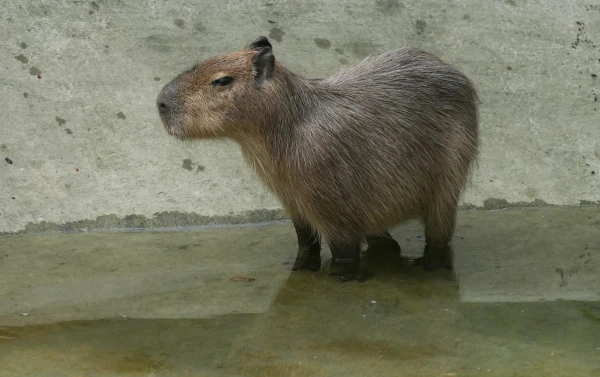
Although jellyfish may appear unappealing, people have been consuming them for centuries. Some species are not only safe but are also considered a delicacy—especially in Asian countries.
Of the thousands of species inhabiting the oceans, only a few are suitable for consumption. Among them are the cannonball jellyfish (Stomolophus meleagris) and the moon jellyfish (Aurelia aurita). Other species may be toxic and cause poisoning, even leading to fatalities.
Since fresh jellyfish are about 95% water, they undergo a complex processing before consumption. After being caught, they are immediately salted (often with the addition of alum) and left to dry for several weeks. During this process, excess moisture and most of the toxins are removed, and the jellyfish becomes denser and suitable for cooking.
In China, Japan, and Thailand, jellyfish are traditionally considered a healthy product: they are rich in protein but contain almost no fat. They are made into salads, often adding vegetables and sesame oil. During salting and dehydration, the collagen present in the jellyfish partially breaks down, giving the product its characteristic crunchy texture.
In recent years, interest in jellyfish has been growing beyond Asia. Their unusual structure and low calorie content make the product appealing to those seeking an alternative to traditional seafood. Jellyfish contain important amino acids and can be part of a healthy diet.















Leave a comment